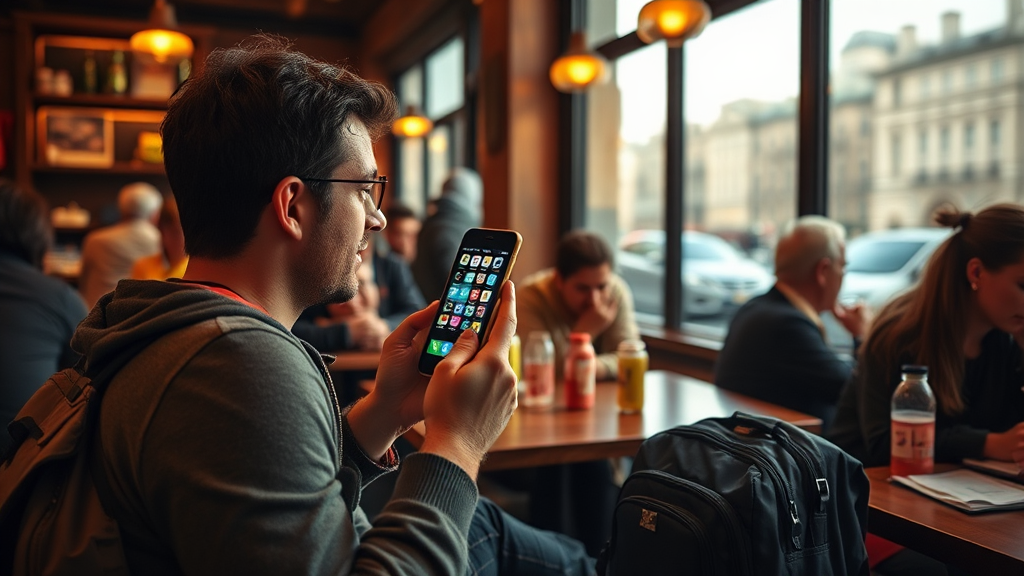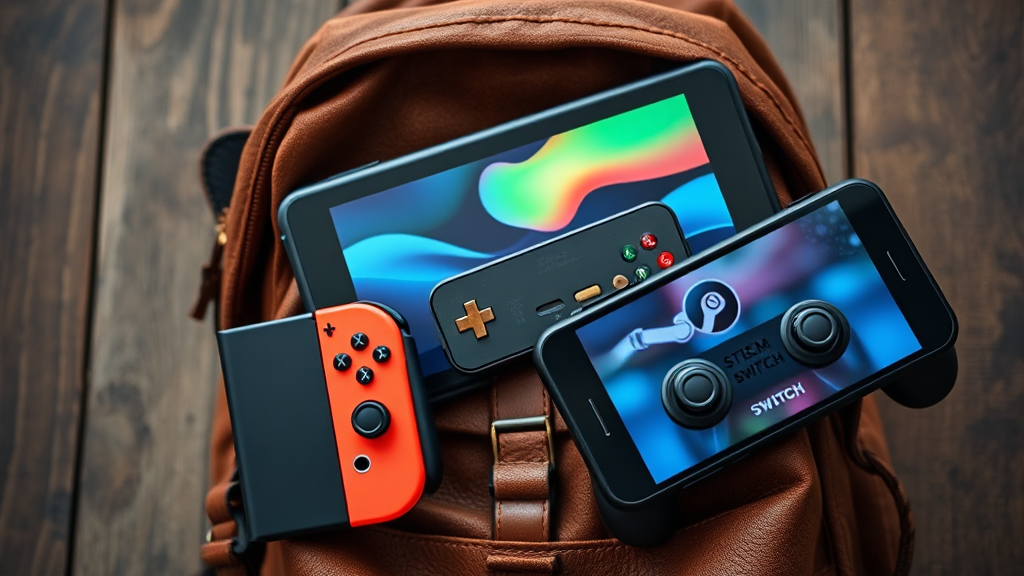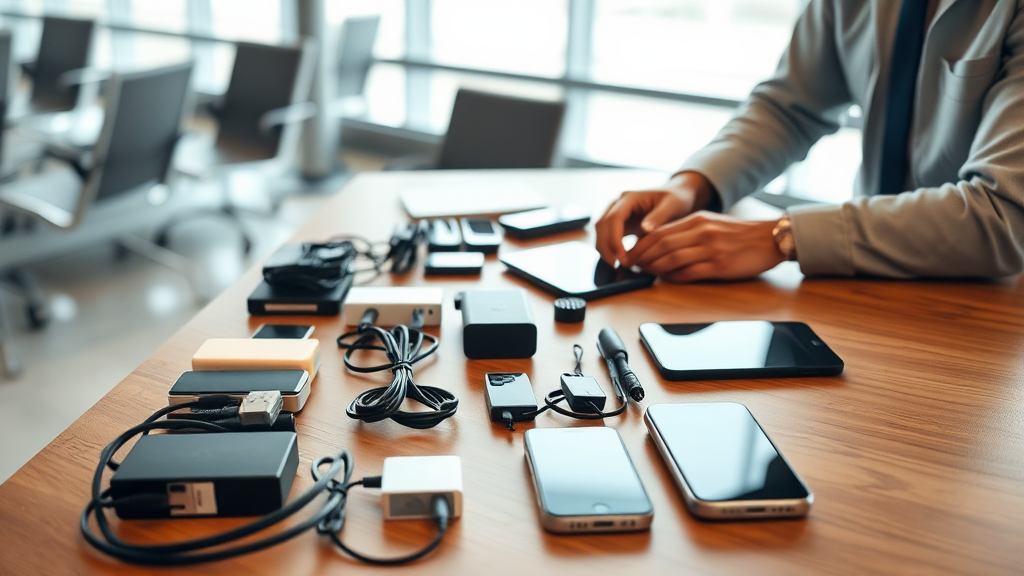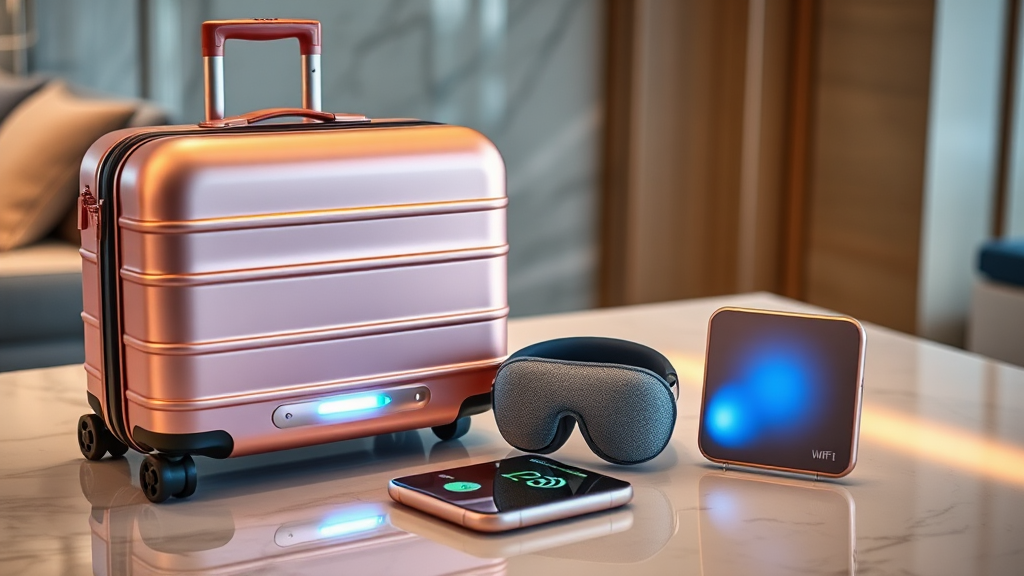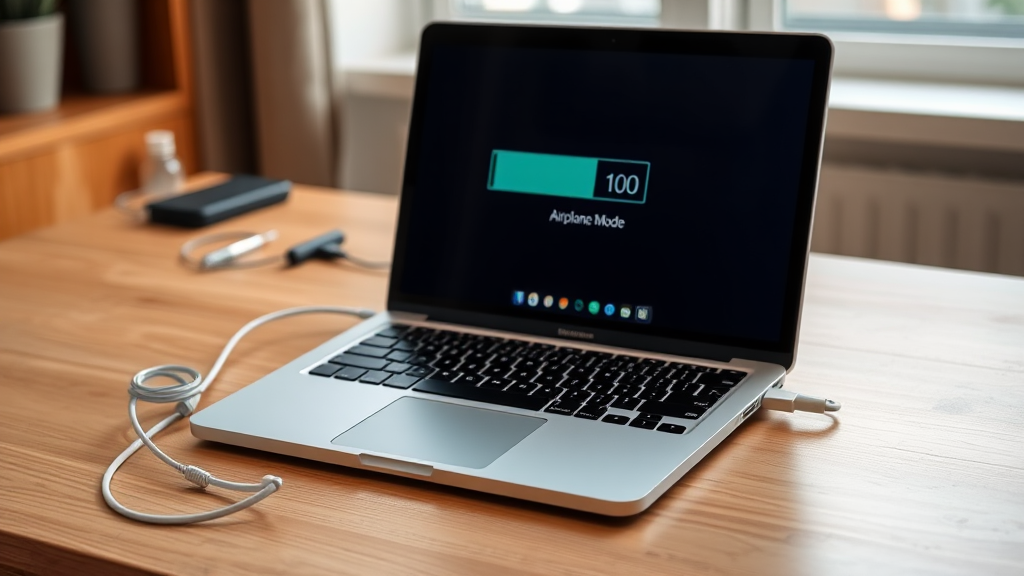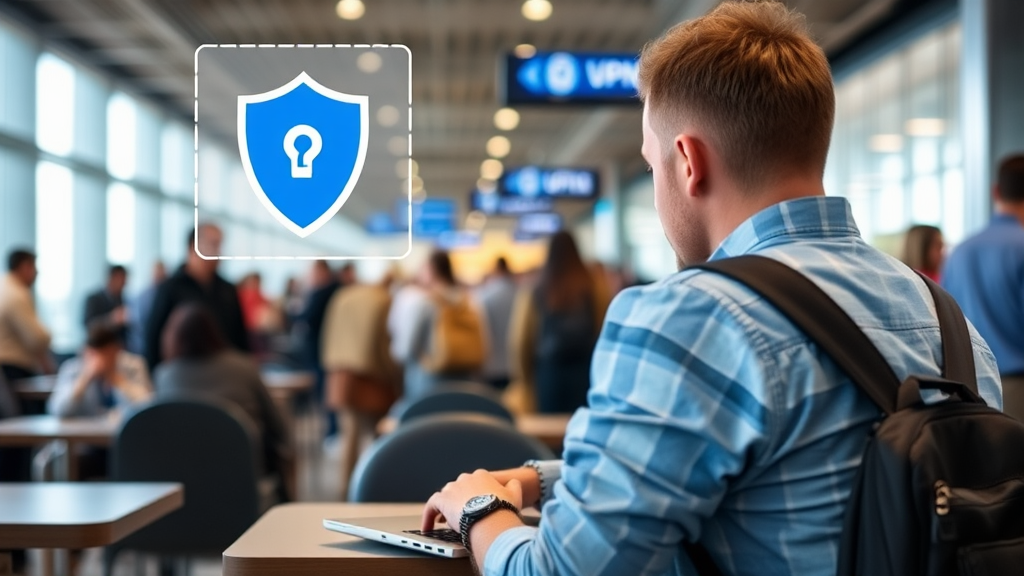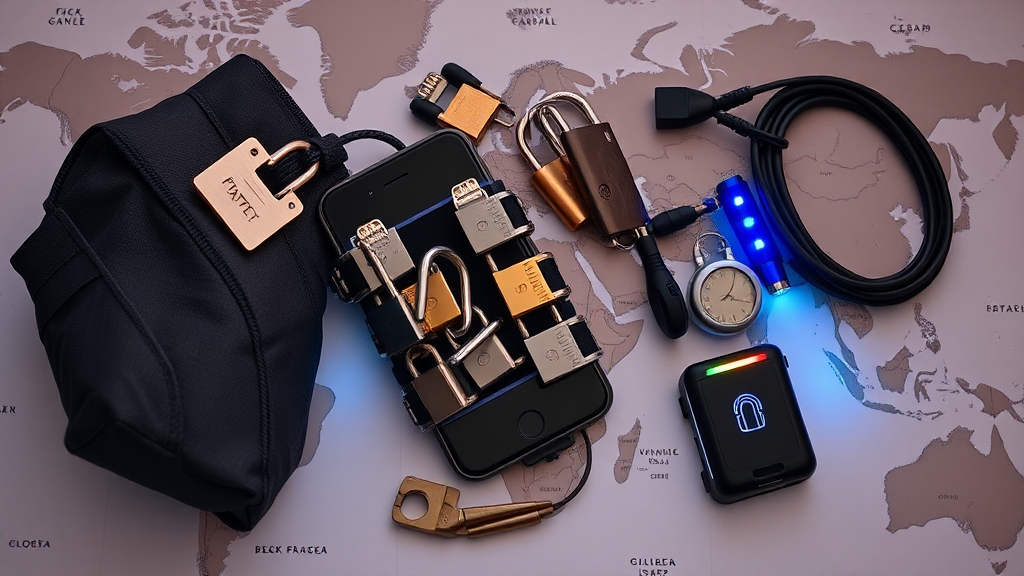Selecting the right laptop for business travel is not just about picking a device; it’s about finding a reliable partner that enhances your productivity, keeps you connected, and withstands the rigors of travel. With countless options available, understanding the key features that matter most is essential. This guide delves into the critical factors to consider when choosing a laptop tailored for business trips.
1. Key Features to Consider
When evaluating laptops for travel, several features should be prioritized:
- Portability: In the world of business travel, weight and size matter. Look for laptops that weigh under 3 pounds and have a slim profile. A compact device not only fits easily into your carry-on but also minimizes strain during long commutes. Models like the Dell XPS 13 or Lenovo ThinkPad X1 Carbon are excellent examples of lightweight yet powerful machines that are ideal for travel.
- Battery Life: A laptop’s battery life can make or break your travel experience. Aim for a device that offers at least 10 hours of battery life on a single charge. This ensures you can work through long flights or layovers without scrambling for an outlet. Fast charging capabilities are also a plus; many modern laptops can provide up to 80% charge in just an hour, which is invaluable during short breaks.
- Durability: Business travelers need laptops that can endure the bumps and bruises of travel. Look for models that meet MIL-STD 810G standards, which test devices for extreme conditions. Features like spill-resistant keyboards, reinforced hinges, and sturdy chassis materials (such as magnesium alloy or carbon fiber) enhance durability. The HP Elite Dragonfly is a prime example of a laptop designed with durability in mind, combining lightweight design with robust build quality.
2. Performance Needs
Your laptop’s performance should align with your specific work tasks:
- Processor and RAM: For demanding applications like video conferencing, data analysis, or graphic design, opt for laptops with Intel Core i7 or AMD Ryzen 7 processors and 16GB of RAM. This configuration ensures smooth multitasking and responsiveness. For general business use, an Intel Core i5 or AMD Ryzen 5 with 8GB of RAM is typically sufficient.
- Storage Type: The type of storage can significantly impact performance. Solid State Drives (SSDs) are highly recommended for business travelers, as they offer faster boot times and quicker access to files compared to traditional Hard Disk Drives (HDDs). Look for devices with at least 512GB of SSD storage to accommodate software, documents, and multimedia files without performance degradation.
3. Durability and Build Quality
A laptop designed for travel should be robust:
- Material and Design: Choose laptops with a metal chassis for enhanced durability. Models with Gorilla Glass displays are less prone to scratches and cracks. The Lenovo ThinkPad series is renowned for its rugged design and high-quality build, making it a favorite among business professionals.
- Keyboard and Trackpad: A comfortable, responsive keyboard is essential for long typing sessions. Look for laptops with spill-resistant keyboards and a good amount of travel in the keys. The ThinkPad’s keyboard is often cited as one of the best in the business for its tactile feedback and durability.
4. Operating System Preferences
The choice of operating system can significantly affect your workflow:
- Windows: The most widely used OS in business environments, Windows laptops offer compatibility with a vast array of software applications. If your work relies on specific business applications or tools, Windows is often the safest choice.
- macOS: If you’re in a creative field or prefer a more streamlined interface, consider a MacBook. macOS is favored for its stability and the seamless integration with other Apple products. The MacBook Air is particularly popular for its combination of performance and portability.
- Chrome OS: For those who primarily use web-based applications, a Chromebook can be an excellent choice. They are generally more affordable and have longer battery life, but ensure that your essential applications are compatible with Chrome OS.
5. Budget Considerations
Finding the right laptop involves balancing features with your budget:
- Investment vs. Cost: While it may be tempting to opt for the cheapest option, remember that a quality laptop is an investment in your productivity. Spending a bit more on a reliable model can save you from costly repairs and replacements down the line.
- Total Cost of Ownership: Consider the total cost of ownership, including potential upgrades, accessories, and warranties. A laptop with a longer warranty or a solid customer service reputation can provide peace of mind during your travels.
6. User Reviews and Recommendations
Before making a purchase, do your homework:
- Research: Utilize resources like RTINGS, Laptop Mag, and TechRadar to compare models based on real-world performance. Pay attention to aspects such as battery life, thermal performance, and customer service experiences.
- Community Insights: Engaging with online communities, such as Reddit’s r/SuggestALaptop or tech forums, can provide anecdotal insights from fellow travelers. Real user experiences can highlight potential issues or advantages that may not be evident in professional reviews.
7. Connectivity Options
A good selection of ports is crucial for business travelers:
- USB and HDMI Ports: Look for laptops that offer a mix of USB-A and USB-C ports, as well as HDMI for connecting to external displays. This flexibility is essential for presentations and meetings.
- Wireless Connectivity: Integrated 4G/5G capabilities can be a game-changer for staying connected on the go. Ensure your laptop supports the latest Wi-Fi 6 standard for faster, more reliable connections in crowded environments like airports and conference centers.
- Docking Solutions: If you frequently work from the same locations, consider a laptop that supports docking stations. This allows you to easily connect multiple peripherals, including monitors and external drives, with a single connection.
8. Conclusion
Choosing the right laptop for your business trips involves careful consideration of various factors, including portability, performance, durability, and budget.
By focusing on these key features and conducting thorough research, you can select a laptop that meets your professional needs and enhances your productivity while traveling.
Whether you opt for a MacBook, Dell XPS, Lenovo ThinkPad, or another brand, ensuring that your laptop aligns with your travel requirements will make all the difference in your work experience on the go.
Ultimately, a well-chosen laptop can be your most reliable companion, empowering you to work efficiently and effectively, no matter where your business takes you. The right device not only supports your work but also enhances your ability to adapt to the dynamic nature of business travel.


